Video conference of Ministers of Education on June 23th
Ministers responsible for education exchanged views on the lessons learnt from the crisis as a basis for future informed decisions. They were also invited to discuss possible innovations in education and training. Many ministers emphasised that distance learning can never replace face-to-face interactive and socially intensive teaching and learning experience.
View the report in all European languages
ETSC PIN REPORT
Executive Director Antonio Avenoso introduces the 2020 ETSC PIN Report: “There is now just one year remaining until we know definitively whether EU Member States have collectively delivered on their target to cut road deaths by 50% by the end of 2020. In this annual PIN report, we have analysed the data for 2019, the latest update in a process we have undertaken every year since the target was agreed”. Download the report
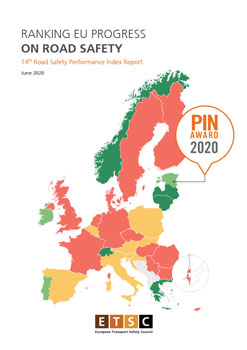
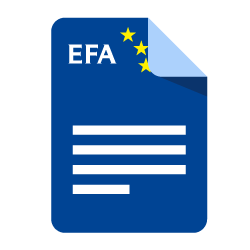
E-learning is not an alternative to replace attendance in classrooms
EFA supports the austrian member WKO who explains that “already many years ago, the theoretical driving test was digitized in Austria. At the same time, the in-depth, personal questioning by the examiners has been removed. The high level of driver’s licence theory training is guaranteed in Austria by good, personal theory lessons held by a driving pedagogue: driving school teacher).
The physical and psychological proximity of the teacher to the learner group ensures that the knowledge is transmitted professionally and that partnership behavior is used in traffic. While Covid 19 was and is, e-learning is not an alternative to replace classroom attendance. Not in the future either, we are convinced, that is our credo. Independent of COVID 19, the learner drivers are used to the opportunity to practice the exam questions on a voluntary basis digitally in advance (already for many years) – voluntarily in addition to the training in the classroom – in order to successfully pass the exam”. Stefan Ebner sees “blended learning” already applied extensively in practice on a voluntary basis, this is reality. No other regulations need to be researched or artificially constructed. Earlier statements in this regard on this website about Austria are (were) not valid.
CIECA’s Driving Licences Exchange Report
A leading global technology and consulting companies has designed and developed a pioneering application with the IT Department of the Directorate-General for Traffic which is both a digital driving license, a direct communication channel for citizens with this institution and a space to carry out different procedures and formalities.
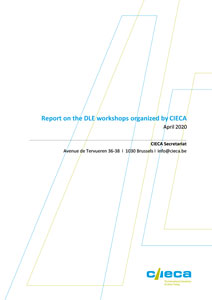

“Suistanable and Smart Mobility Strategy” An opportunity to remove the 78 code from the European driving licence
Eu Commission invites several stakeholders to send feed-back at the Roadmap.
All national associations are invited to express their point of view in the topic.
UN Regulation on Automated Lane Keeping Systems is milestone for safe introduction of automated vehicles in traffic
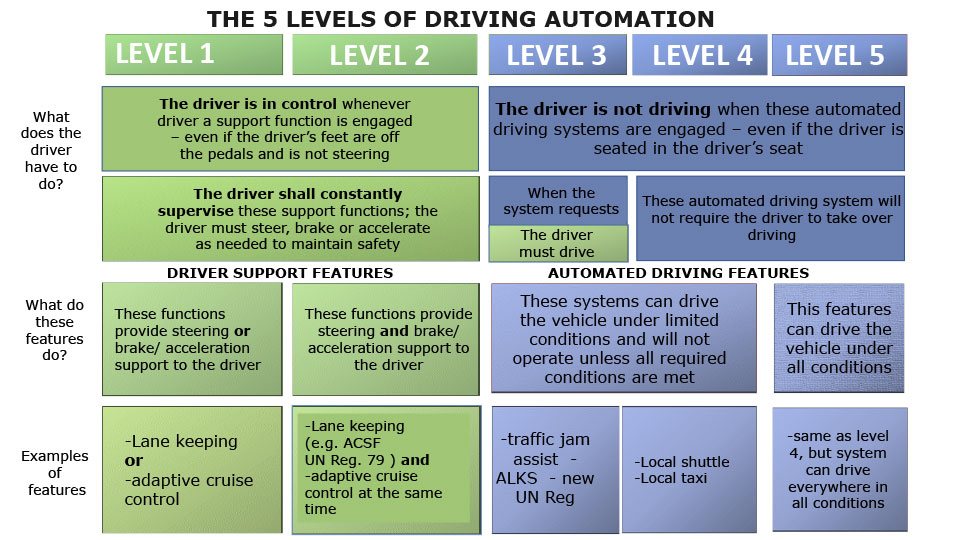
Adopted on June 25th by UNECE’s World Forum for Harmonization of Vehicle Regulations, this is the first binding international regulation on so-called “level 3” vehicle automation. The new Regulation therefore marks an important step towards the wider deployment of automated vehicles to help realize a vision of safer, more sustainable mobility for all. It will enter into force in January 2021.
Are the drones a new opportunity for driving schools?
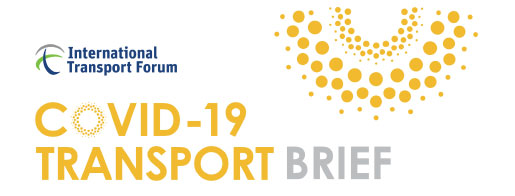
From Ghana to Ireland, drones are proving valuable in the fight against Covid-19. Drones are disinfecting territories, moving test samples and enforcing confinement measures leading to a change in our attitudes towards them, and their regulation. Our latest Coronavirus Brief looks at drone regulation and exploiting their full potential.







